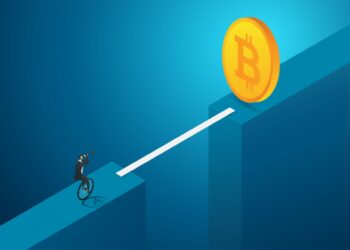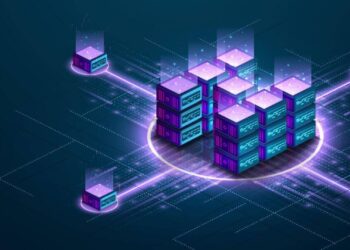Today, we are going over the 10 best blockchain platforms in 2022, including Ethereum and Hyperledger, and answering some of the FAQs on the topic.
Blockchain technology is undergoing a revolution all over the world. There are blockchain applications in every field, no matter which one you look at. Using blockchain, many companies are flourishing in the supply chain, healthcare, logistics, finance, and other industries.
The primary goal of blockchain applications is to make corporate operations more transparent and efficient. Businesses are starting to see the potential of blockchain technology and how it may help them grow. The need for new blockchain platforms is rising because businesses are experimenting with different platforms by building blockchain apps.

The transparency and decentralization of blockchain technology have made it prominent. Most of that is needed in the financial industry. Several companies are exploring building new banking apps using blockchain systems. In blockchain-based financial applications, there is no need to be concerned about immutability, security, or decentralization. This is where many firms are concentrating their efforts.
Smart contracts have made it simple to create new apps on blockchain platforms. Let’s have a look at some of the best blockchain platforms for developing finance apps.
Table of Contents
What are blockchain platforms?
Blockchain platforms are new systems that are practically indistinguishable from core blockchain technology in some circumstances. They are used for broadly distributed value exchange, with a growing list of cryptographically signed, irreversible transactional records shared by all network users. Each record includes a time stamp and connections to prior transactions.

It is a decentralized state transition machine that handles the life cycle of digitalized assets and records activities in a distributed ledger in an immutable fashion. Any object having explicit or implicit value can be classified as a digitalized asset (such as digital currencies, securities, precious metals, commodities, materials, identity, credentials, and patient health records).
If you want to know what is a blockchain developer extensively, go to the article.
Best blockchain platforms (2022)
With all that out of the way, we can now look at the best blockchain platforms available today, and hopefully, help anyone who needs to find one for developing a finance app.
Ethereum
Ethereum is one of the most established, oldest, and leading blockchain systems. It has even created its own cryptocurrency, Ether (ETH). The platform offers a fully decentralized blockchain. Ethereum strictly adheres to the laws of smart contracts in order to work properly. There are already thousands of decentralized apps accessible on Ethereum.
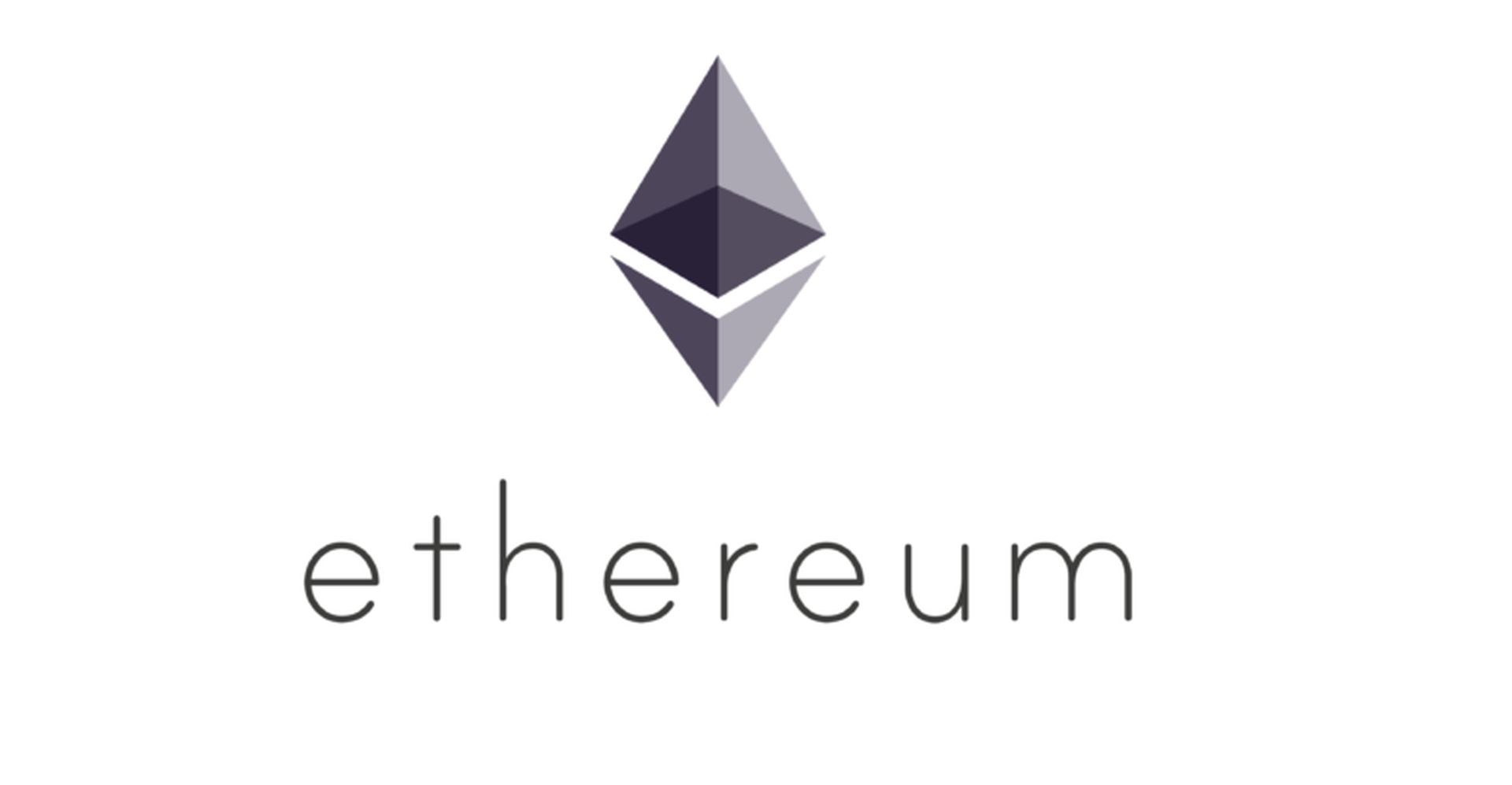
The Ethereum platform’s key strength is its real decentralization, whereas its biggest shortcoming is its sluggish processing and expensive transaction fees. The Ethereum platform is gaining popularity among blockchain application developers for the creation of decentralized apps known as dApps.
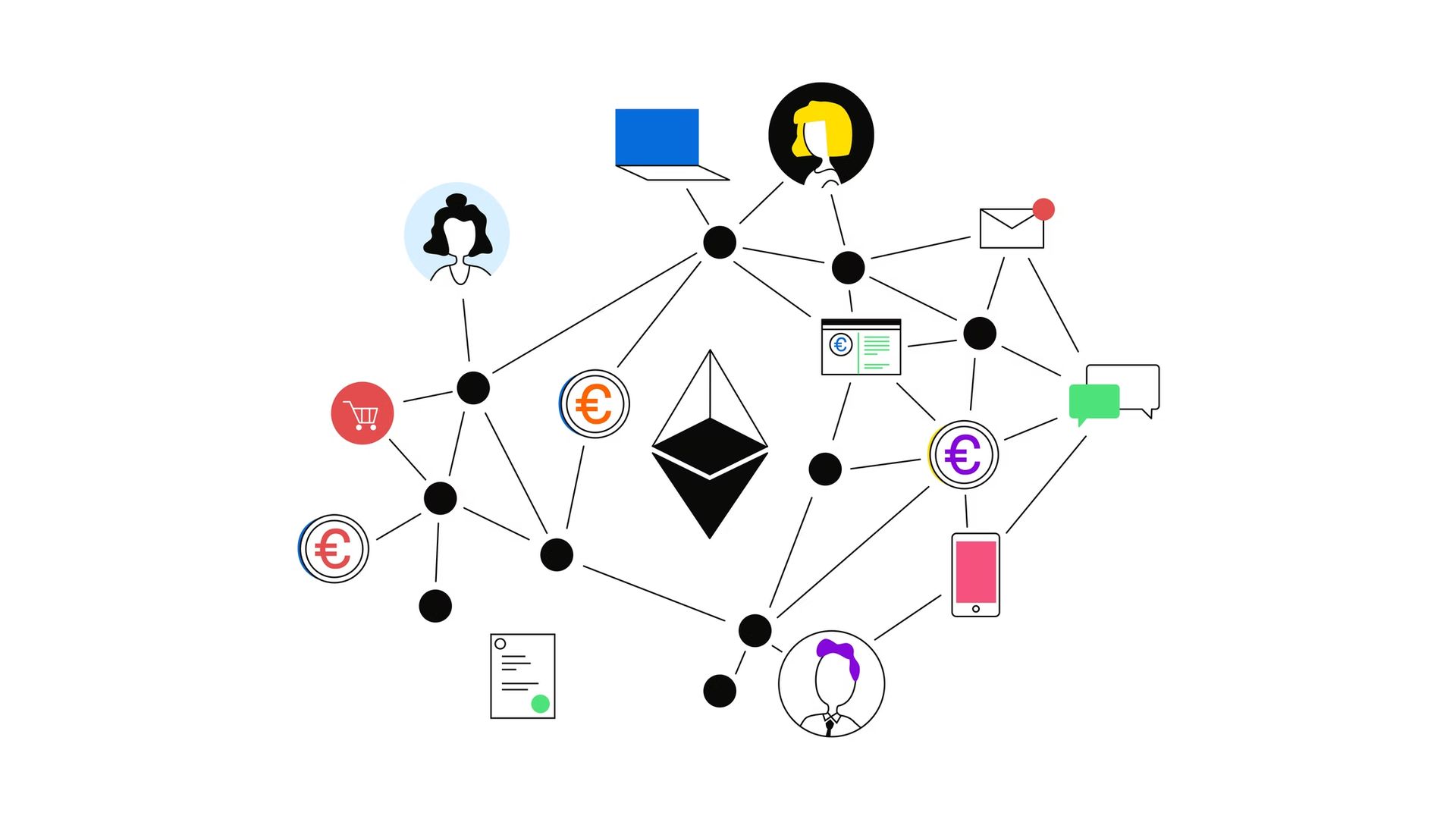
Furthermore, the Ethereum platform includes an active community of about 250 developers. Every Ethereum protocol developer strives to remove the existence of third parties in all fields. Developers can quickly create dApps for banking, cryptocurrency wallets, gaming, and much more. With quick deployment, you can anticipate your application to be operational as soon as it is released. With all this said, it is no surprise that Ethereum is on our best blockchain platforms list.
Ripple
Ripple is concentrating its efforts on the platform’s development of financial applications. It is contributing more so to the digital revolution. Ripple launched its own platform in 2012 to connect digital asset exchanges, banks, and payment providers to create a blockchain network for enterprises.
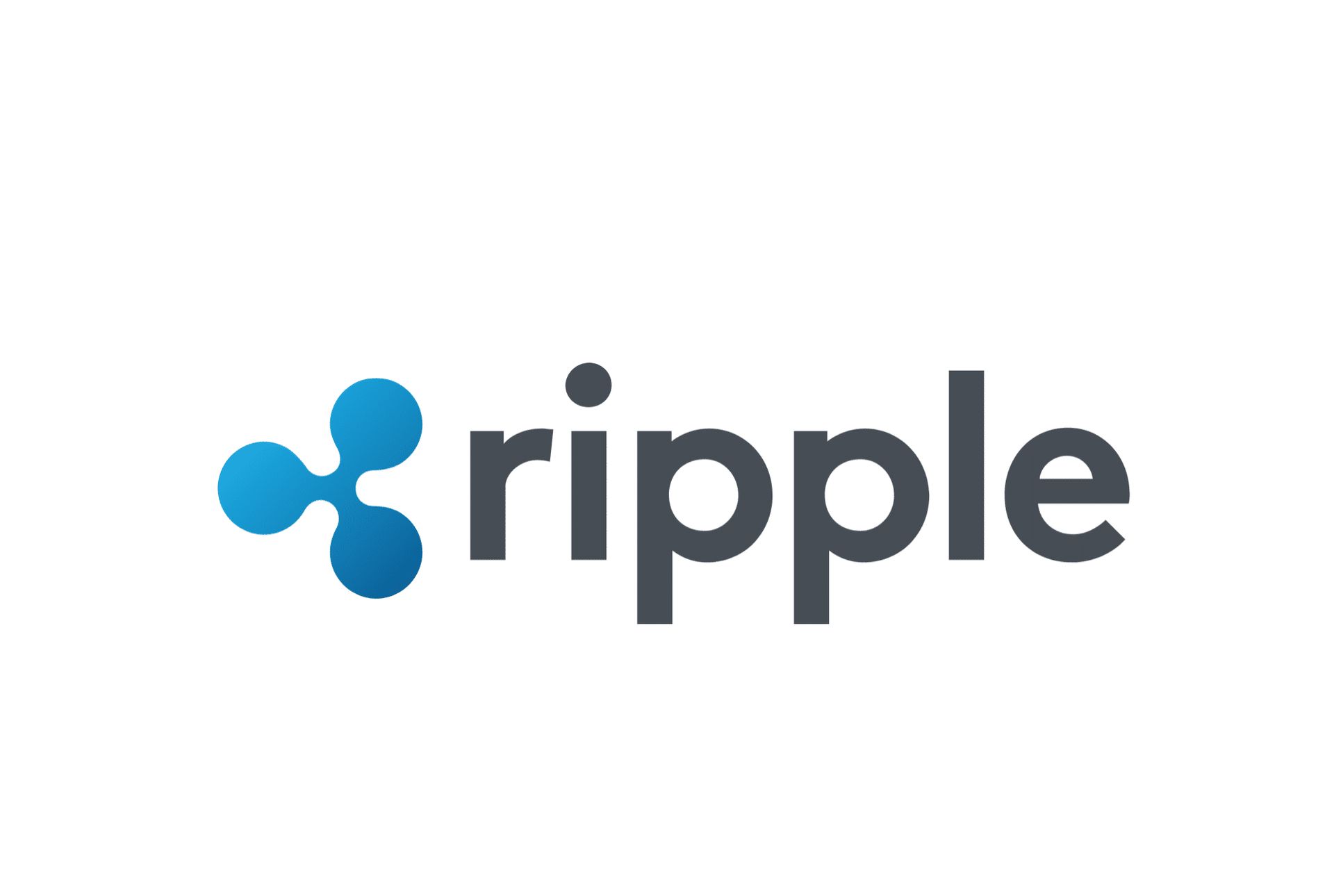
Businesses can also design their own financial solutions using Ripple, such as contemporary finance apps or high-performance payment systems. Ripple’s native cryptocurrency is called XRP. There are several businesses that may use the potential of XRP on RippleNet to grow into global markets while avoiding the hassle of pre-funding.
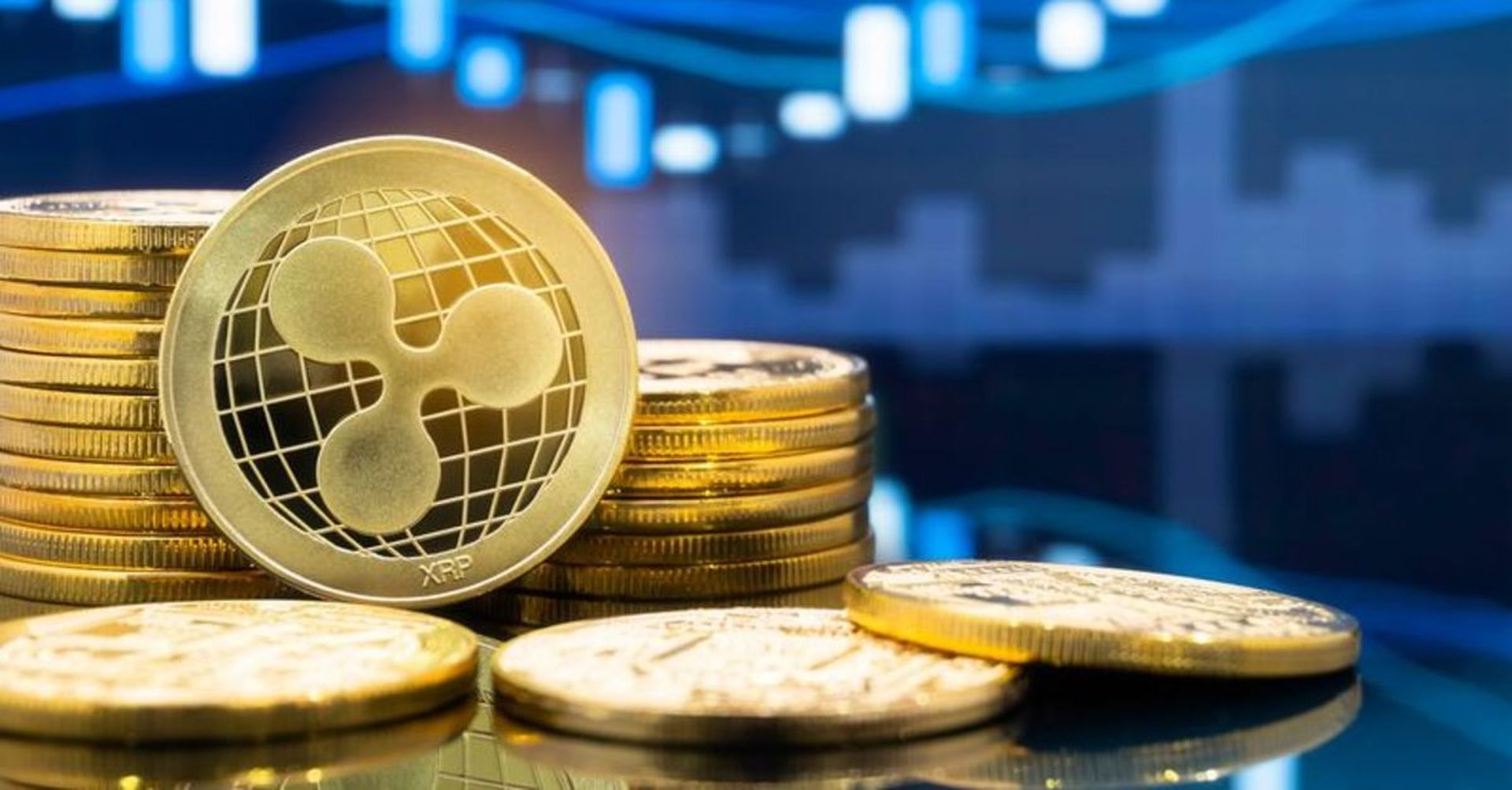
RippleNet is developing liquidity solutions so that enterprises do not require pre-funding and can even construct a decentralized infrastructure where payments can be made in less than 3 seconds. RippleNet provides total transparency.
Cardano
Cardano is a smart contract-based next-generation blockchain platform. The primary goal of the Cardano blockchain is to create quick and scalable dApps. Cardano employs an Ouroboros consensus mechanism, which is a more secure variation of the Proof-of-Stake method. Every transaction is only examined by network participants in this case, and there is no need to check them at every node.
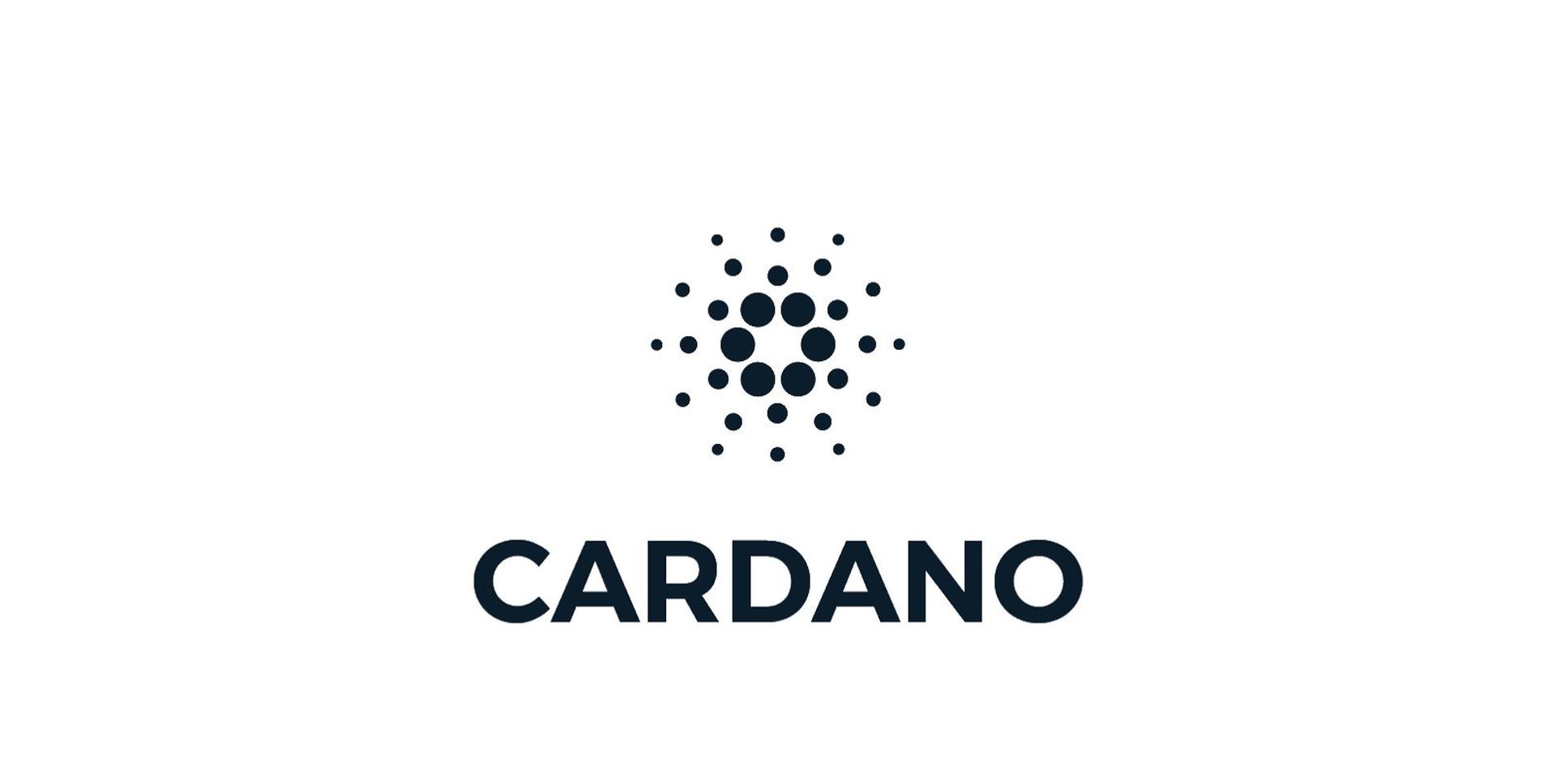
Cardano offers several qualities that make it an excellent candidate for modern finance applications, including interoperability, scalability, transparency, and legality. The Cardano blockchain hopes to balance the desires of both centralized and decentralized communities.

There are now a plethora of dApps on Cardano that aim to improve global payments through decentralization. For most of you reading this article, it is no surprise that Cardano finds itself on our best blockchain platforms list.
Stellar
Stellar is an open network blockchain that is used in the financial industry. Several banks are exploring the Stellar blockchain network in order to improve the seamless, secure, and transparent nature of their services. Stellar is a powerful blockchain platform for creating fast and secure financial solutions.
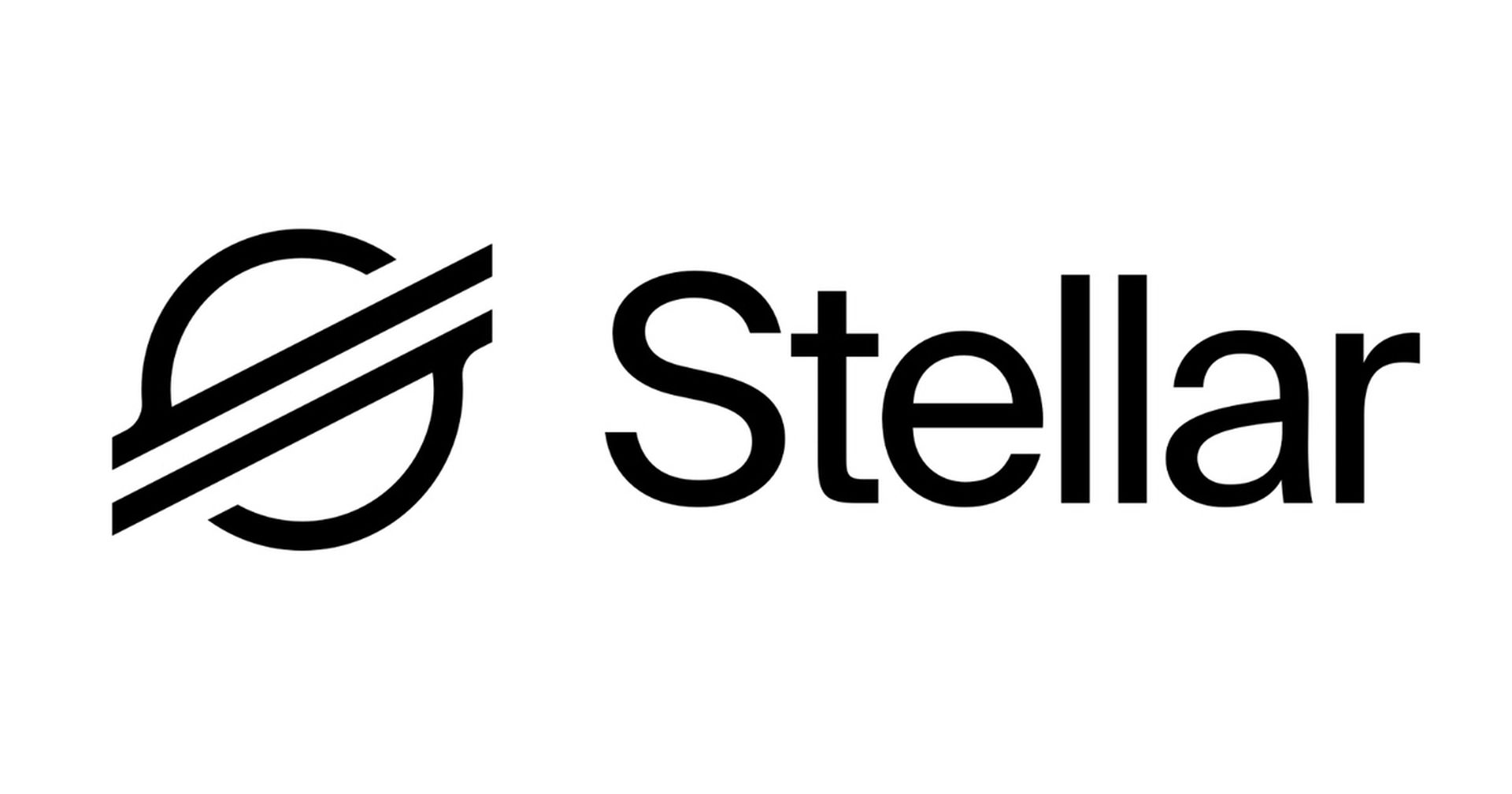
Stellar is an open network with no owner and entire power in the hands of the people. Stellar is similarly reliant on blockchain to keep everything in line with the network. Whether you want rapid transactions or your firm wants a decentralized platform to create contemporary financial apps, Stellar is a viable solution. Because of its micropayment services, asset exchanges, and worldwide payment applications, the Stellar blockchain network is now used to build a variety of dApps.
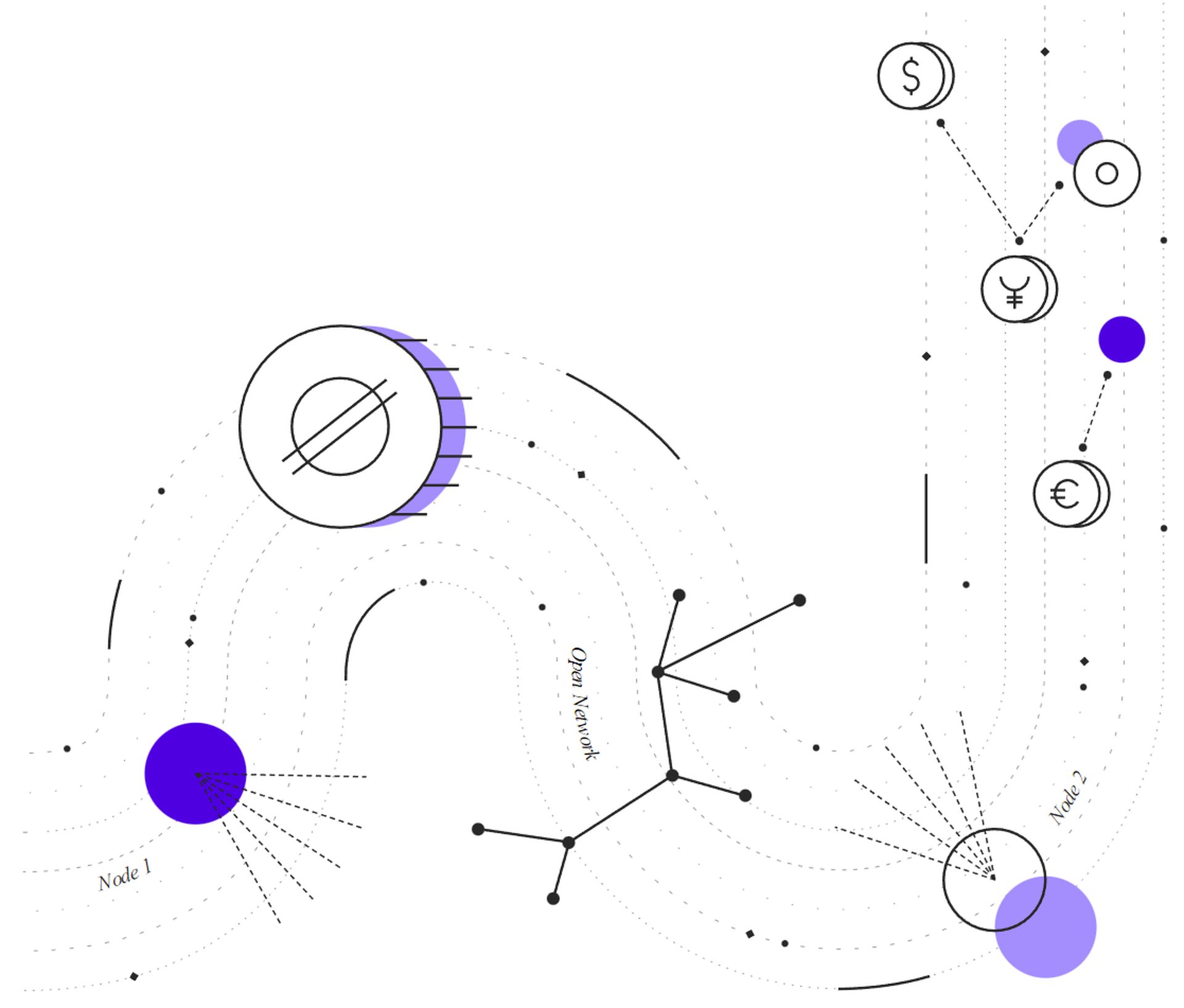
Hyperledger Fabric
Another pick for one of the best blockchain platforms in 2022 is undoubtedly Hyperledger Fabric. If you want to construct a sophisticated program or application on blockchain by breaking it down into little pieces, Hyperledger Fabric is the way to go. The platform’s adaptable and modular designs are valuable in a variety of industrial applications. The network of networks is the most important element of Hyperledger Fabric. Every company wishes to keep certain data secret. This is where Fabric may assist you in maintaining various relationships inside the network itself.
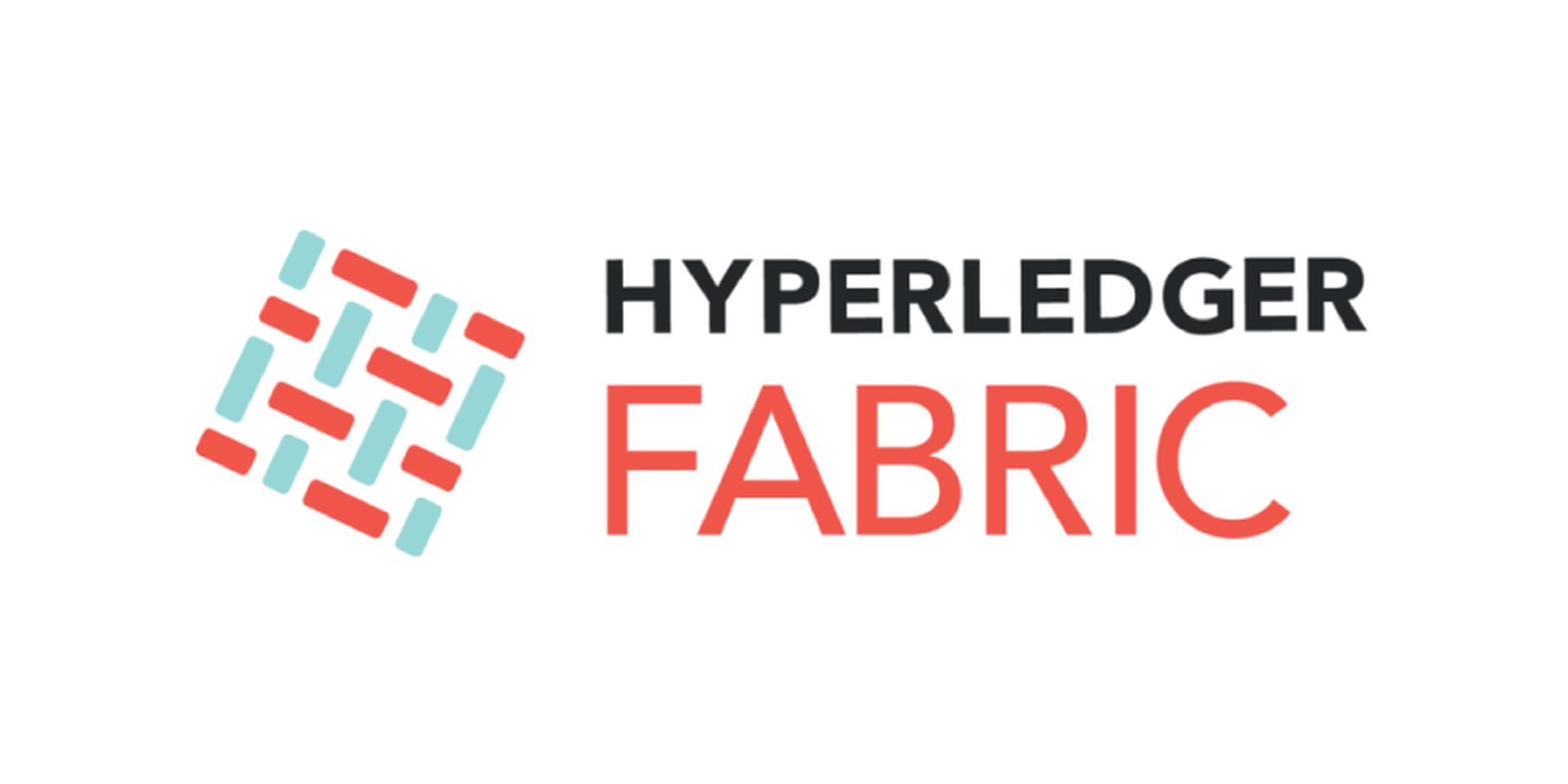
For example, a single vendor may sell the same goods to many purchasers. There is no need for one buyer’s and seller’s transactional connection to be apparent to the other. The implementation of Hyperledger Fabric’s “channels” functionality will handle the work of keeping it private. Fabric is a good choice for finance apps since nothing is open and permissionless. On the contrary, your company may easily build a highly secure and scalable platform capable of supporting private transactions and confidential contracts.
EOS
EOS is another safe and scalable blockchain platform for dApp development. This platform may be considered an expanded version of the Ethereum and Bitcoin blockchains because it supports functionalities that both lack.
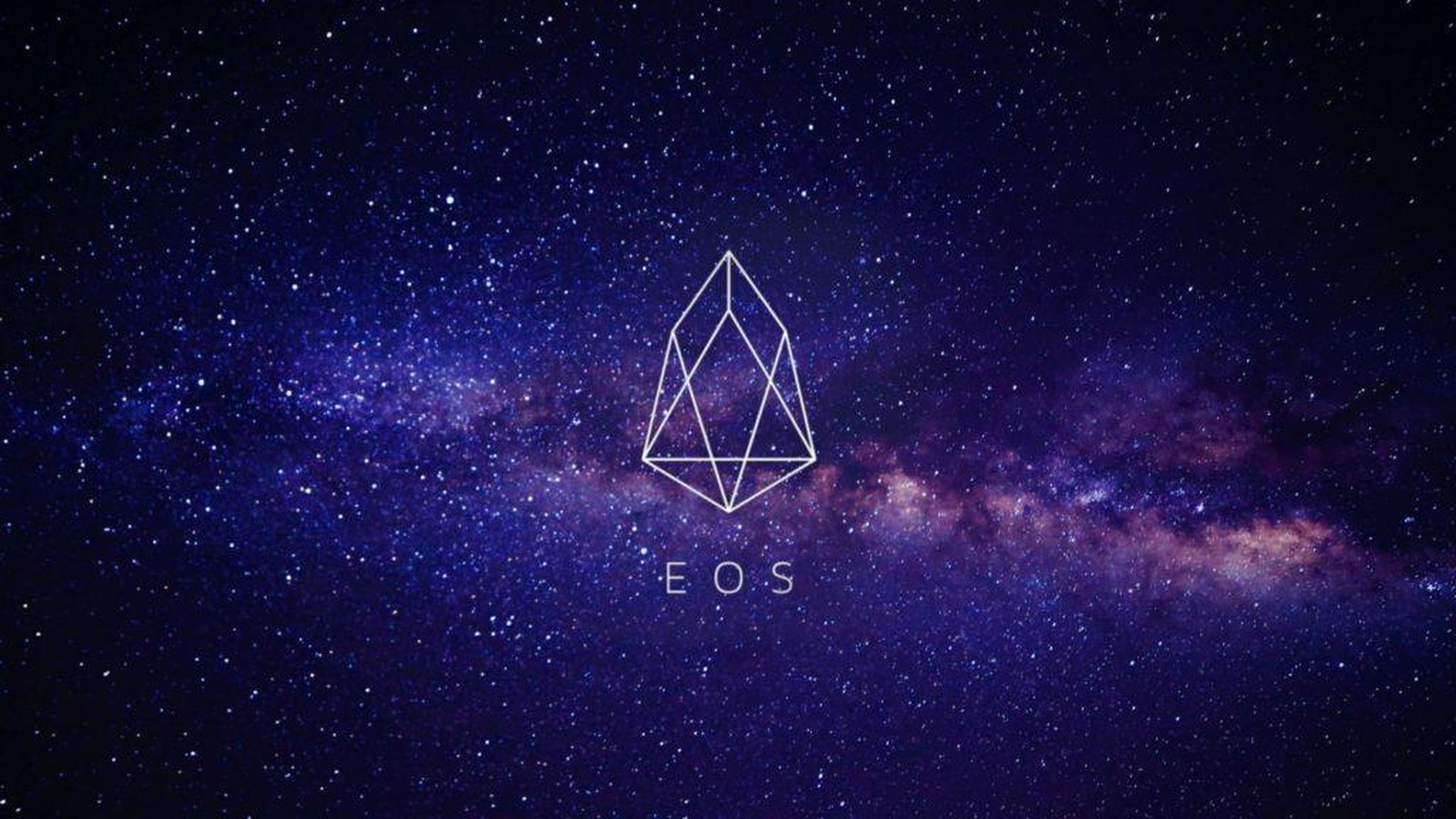
To address scaling difficulties, the EOS blockchain network offers smart contracts, dApp hosting, and decentralized storage of corporate solutions. On EOS, you may create a finance app to make transactions at a lesser cost. Furthermore, developers can deploy executable smart contracts based on business requirements.
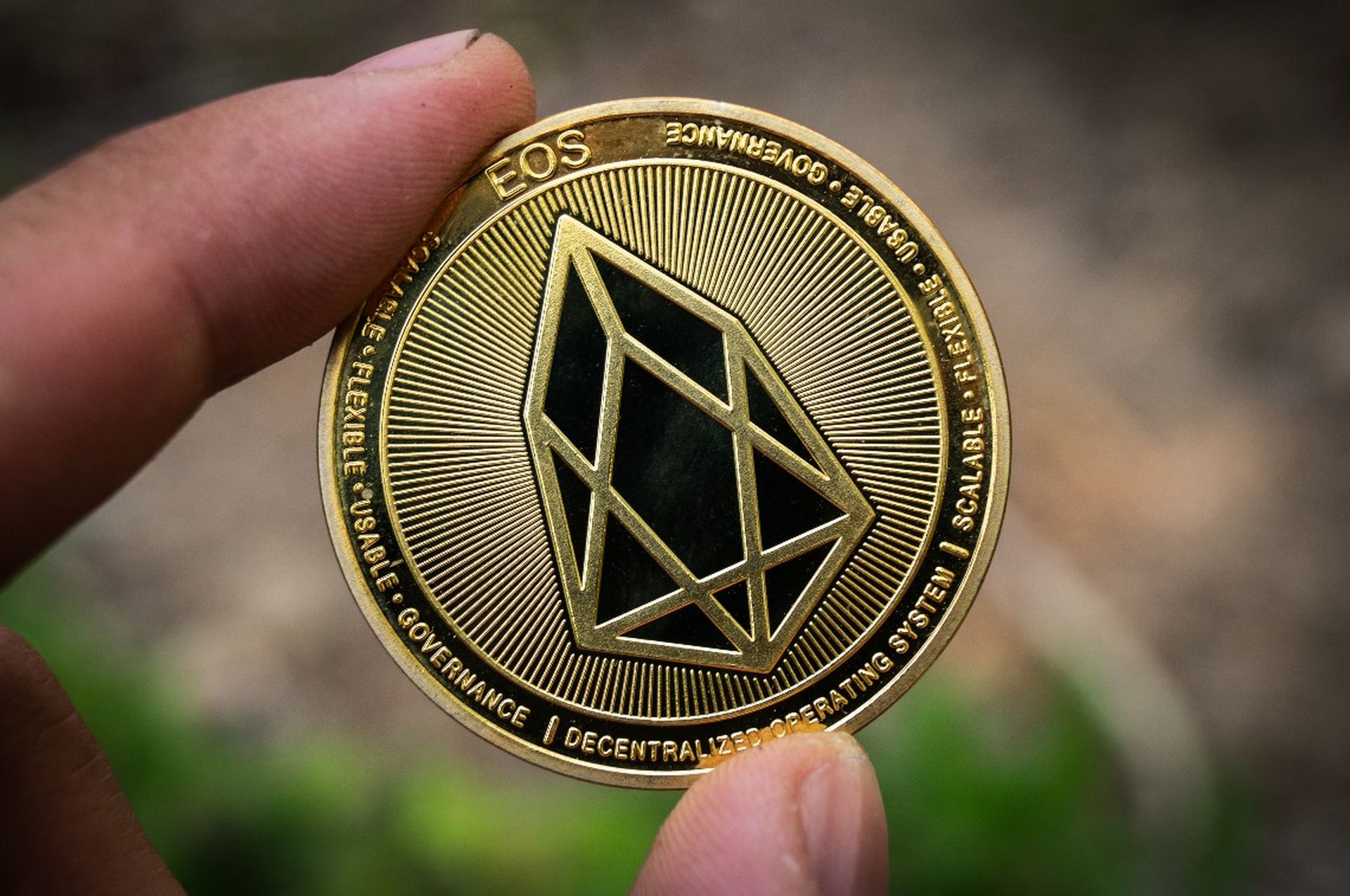
The EOS blockchain enables developers to expand on their ideas by constructing various apps on the blockchain network. You can quickly create contemporary finance apps, games, business solutions, and much more.
Corda
Corda is a blockchain platform that allows developers to create permissioned distributed applications. Businesses may effortlessly deal with Corda while retaining tight privacy using smart contracts. Because all business procedures have been optimized, there is a significant decrease in transaction costs and record-keeping.
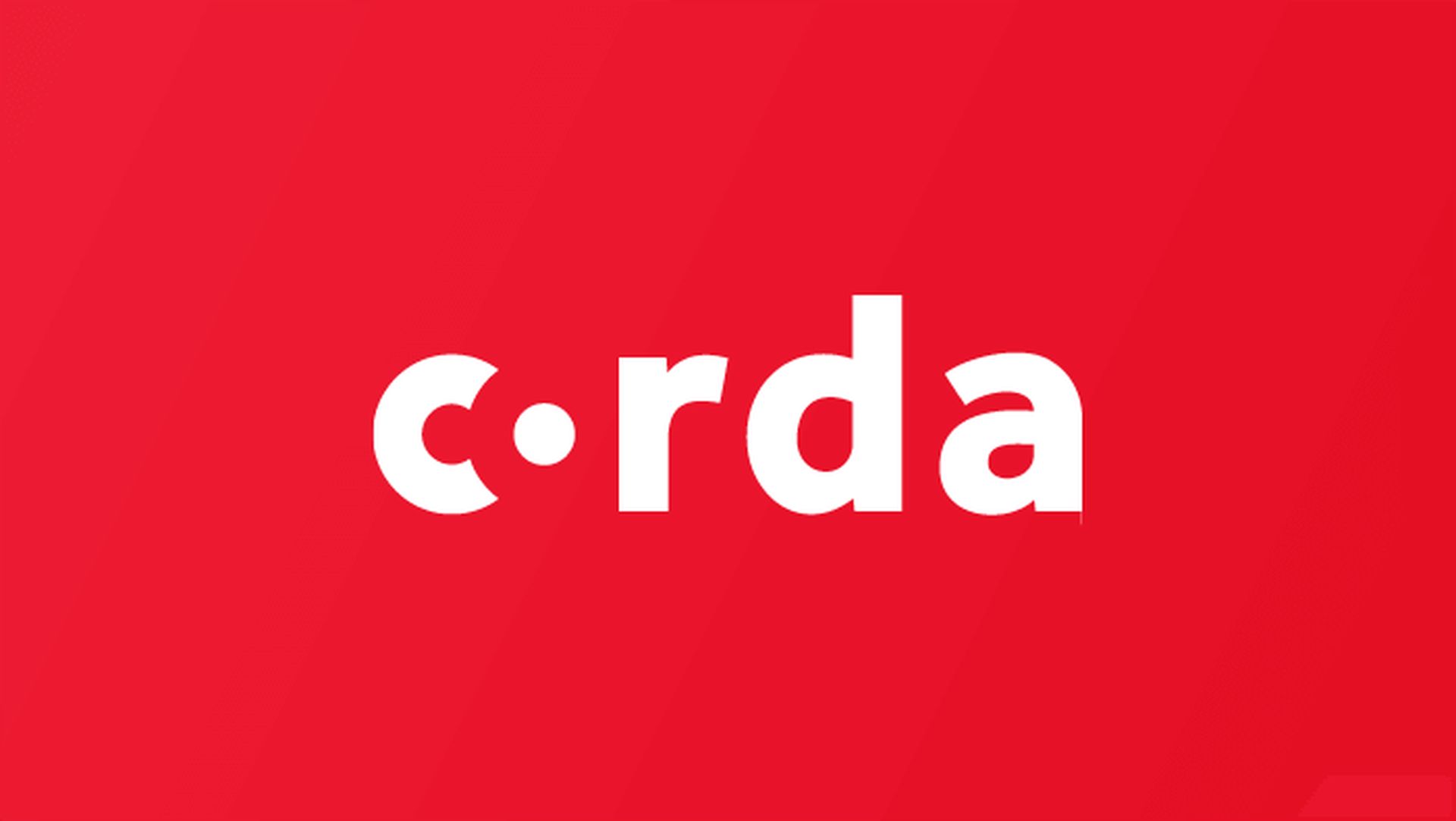
Because of the platform’s flexibility and agility, you can simply scale the applications on Corda to match your business objectives. CorDapps are applications made with Corda. You may create highly scalable dApps in a variety of industries, including banking, insurance, energy, healthcare, and many more.
Tron
Tron is yet another decentralized blockchain platform with the goal of creating a decentralized web. Tron, like Ethereum, enables developers to use whole protocols via smart contracts on the blockchain. Tron is capable of processing 2000 transactions per second. When compared to other payment processors such as PayPal, this is more than enough. Furthermore, Tron has no transaction costs.
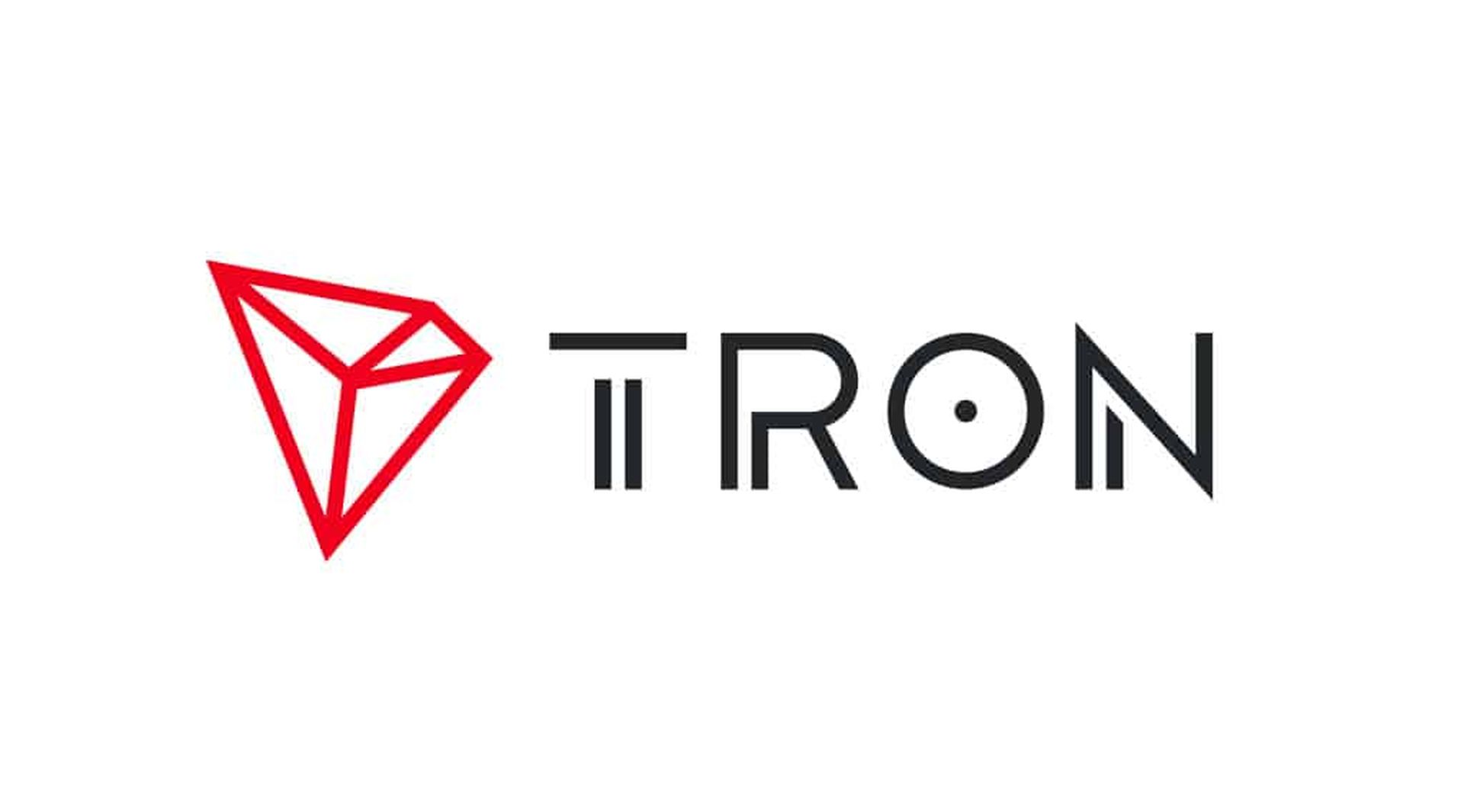
Tron’s high scalability choices, as well as its reliance on the Delegated-Proof-of-Stake consensus process, contribute to increased blockchain security. On the Tron network, there are numerous ways to launch a DApp. Tron is now the fastest-growing public chain.
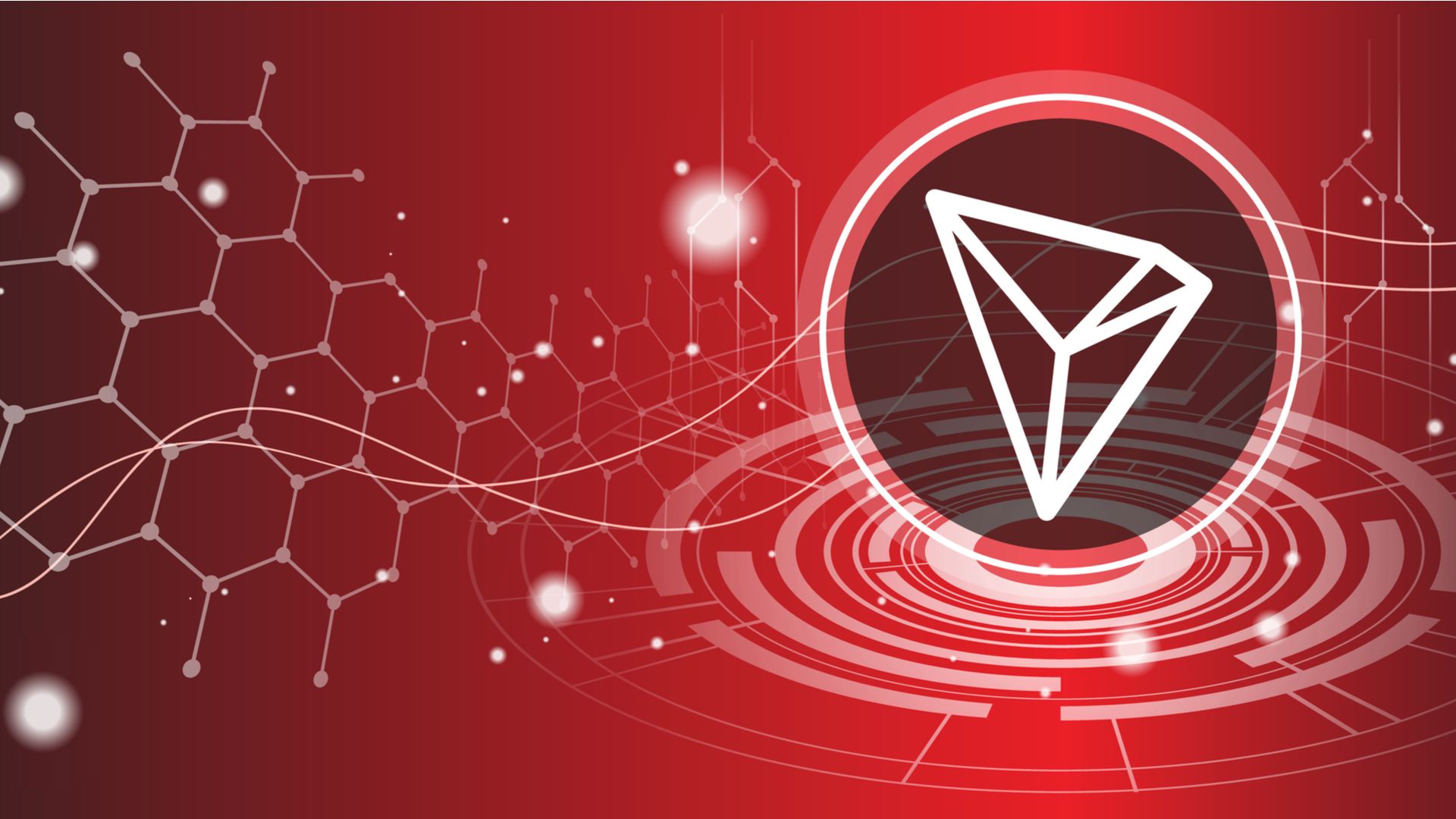
High speed, scalability, and compatibility with EVM (Ethereum Virtual Machine) are among the important factors that improve Tron network utilization. All these make Tron one of the best blockchain platforms that are available today.
IBM Blockchain
IBM Blockchain is a private, decentralized blockchain network that has proven most effective with commercial clients that are less risk-averse. There is a lot of potential in leveraging it to connect to enterprise cloud and legacy systems more smoothly than other decentralized networks.
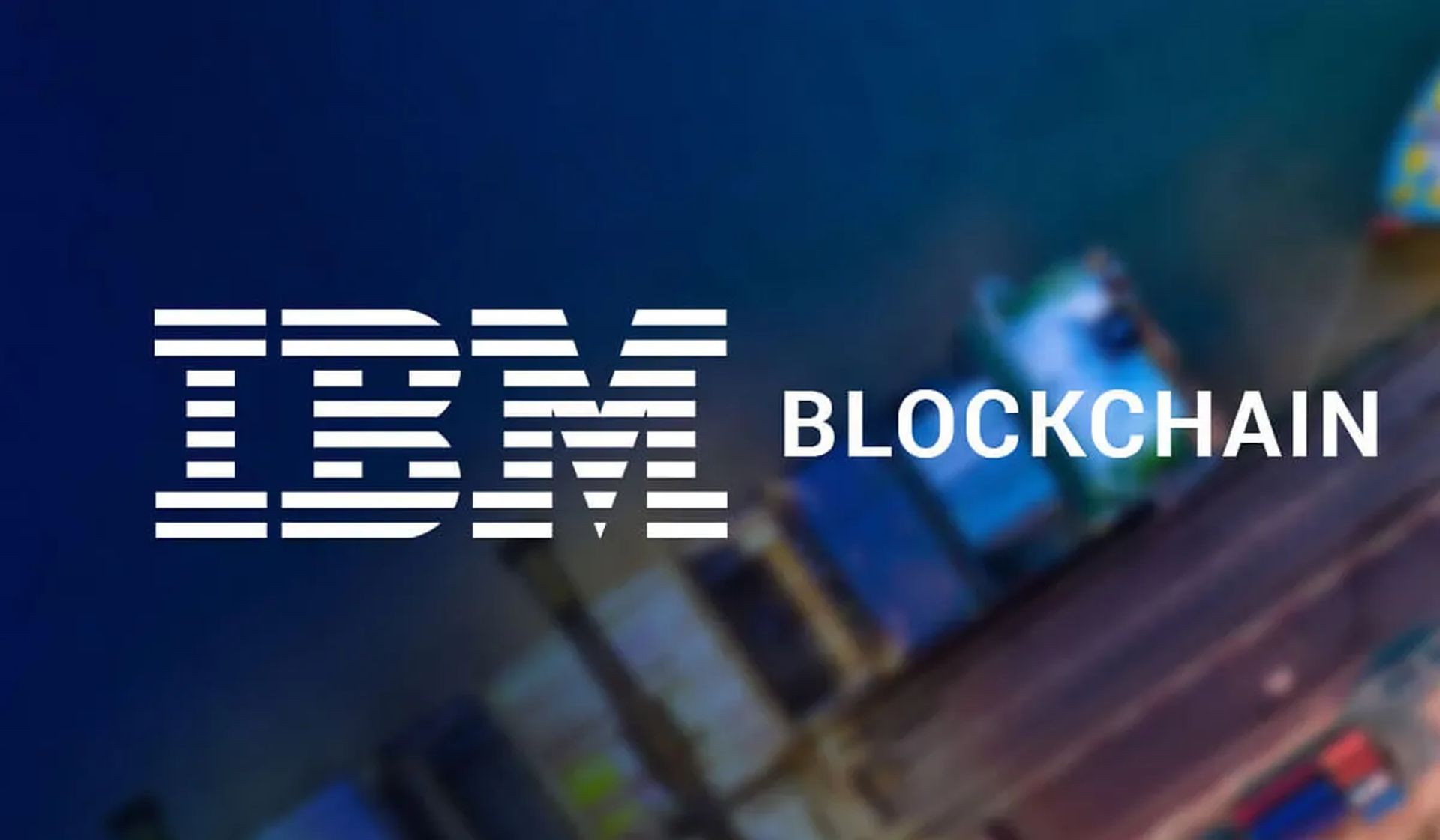
The IBM Blockchain developer tool was created to be versatile, useful, and adaptable. IBM has also invested in developing a user-friendly interface to make important processes like configuring, testing, and rapidly deploying smart contracts easier.
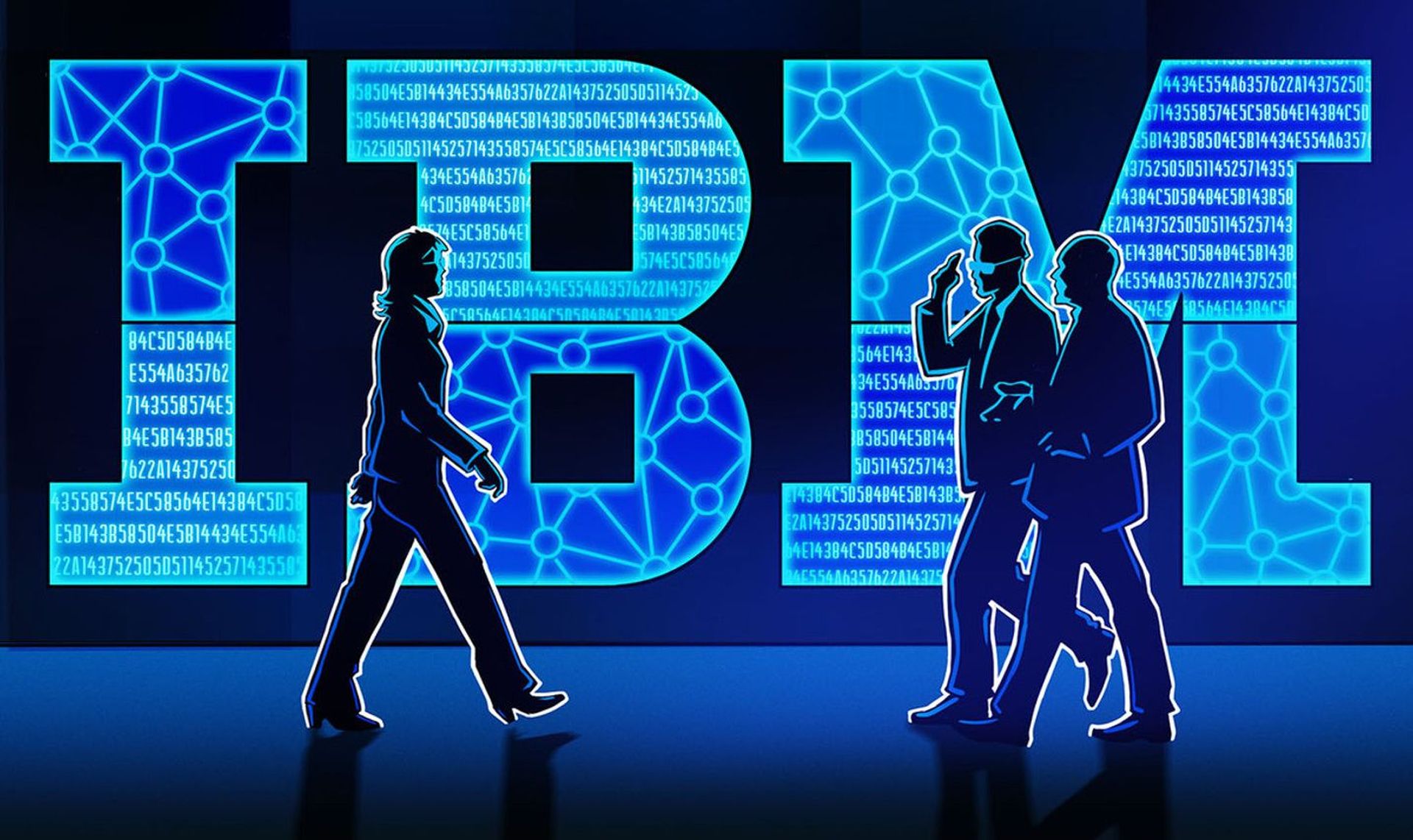
IBM’s director of development for blockchain solutions, Rakesh Mohan, stated that the business has made great progress in financial services and banking, as well as supply chain. IBM Food Trust, which has completed more than 18 million transactions representing more than 17,000 products, and the Blockchain Community Initiative in Thailand, which supports services such as payment obligations and enterprise auctions for 22 Thai banks, are two examples of successful blockchain apps.
ConsenSys Quorum
Quorum is the last platform that we will go over in this list of best blockchain platforms. It is a fork of Ethereum created by the financial services firm JPMorgan. It leverages the underlying work on the Ethereum blockchain technology and repackages it into a bank-friendly environment. It has been optimized to facilitate high-speed transactions on a private network between organizations like banks and insurance firms. It also introduces several privacy features to Ethereum in order to better compatible with rules such as the GDPR in Europe and the CCPA in California.
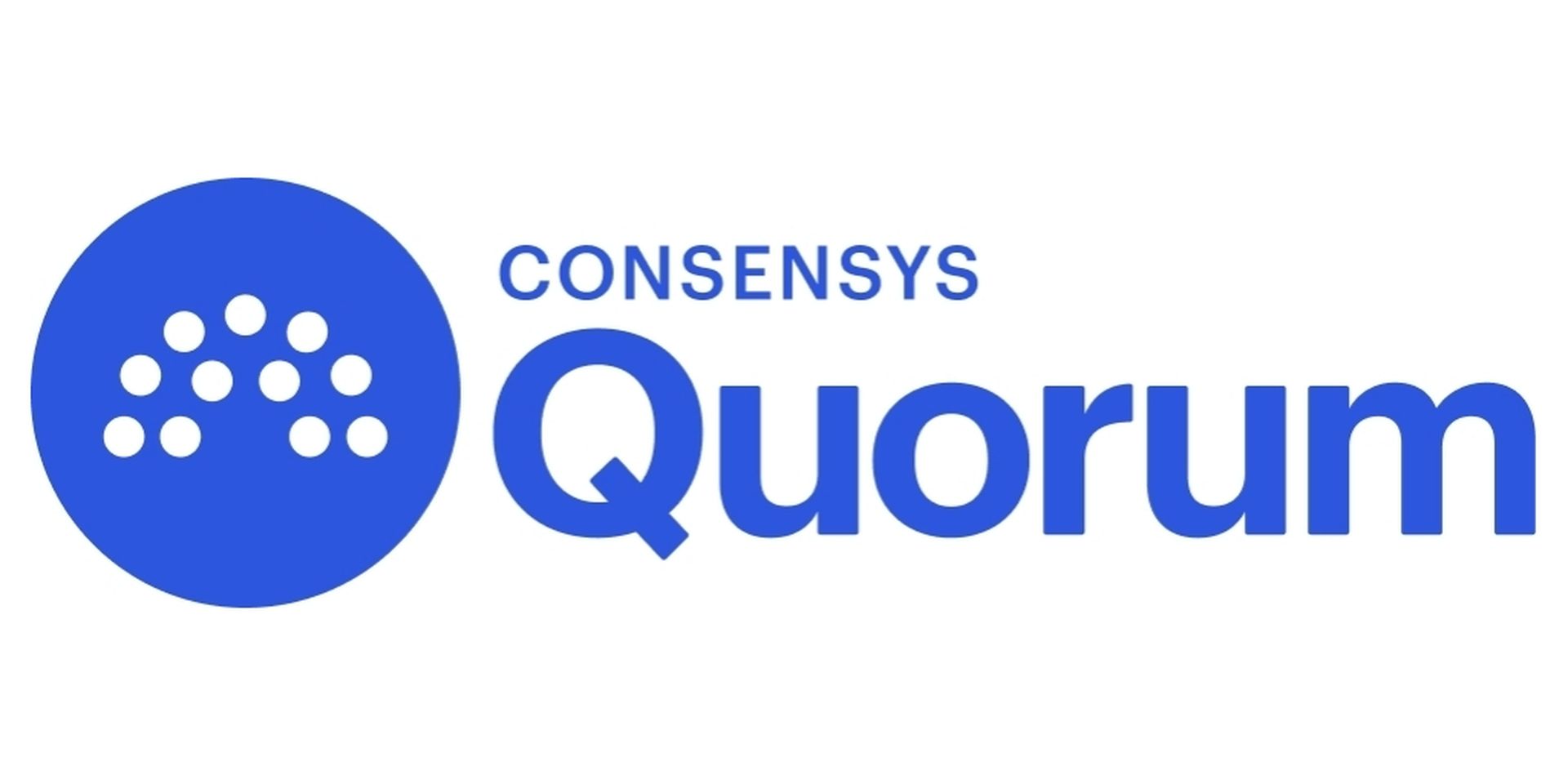
ConsenSys acquired JPMorgan’s intellectual property assets for the Quorum platform in late 2021 and incorporated them into its own development to produce the ConsenSys Quorum open-source protocol layer. ConsenSys positions this solution as a means for businesses to speed up the creation of corporate apps that complement existing Ethereum-based technologies. Enterprise customers such as JPMorgan and the South African Reserve Bank use the firm’s development services for the unified platform.
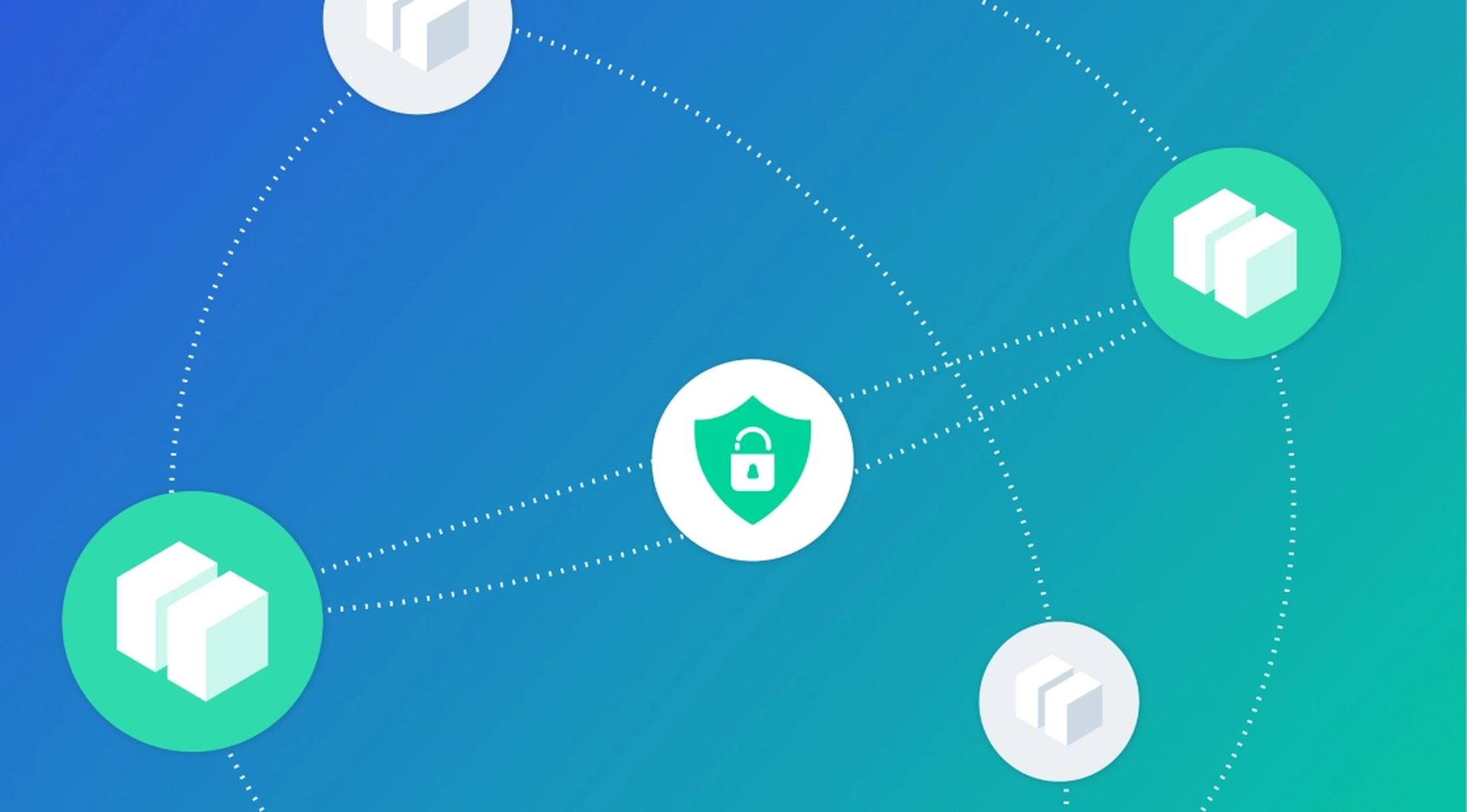
How do I choose a blockchain platform?
Now that we have listed our picks for the best blockchain platforms, it is time to review how you can choose a platform and what you should look out for. Blockchain platforms are made up of a diverse set of components, allowing businesses to pick and choose which ones are most suited to their needs. Here are some important factors to consider while selecting a blockchain platform.
The degree to which a platform is open (i.e., a public blockchain) or closed (i.e., a private blockchain), and how this impacts speed and security. A public blockchain may be joined by anybody, making it easier to set up for small-business users such as farmers. The disadvantage is that open blockchains are slower. Many blockchain code bases may be changed to be open or closed.
Consensus mechanisms, such as PoW, PoS, or Byzantine fault tolerance. PoW is the older technique employed in Bitcoin and Ethereum. Others are newer and less proven, but quicker and more efficient.

The ledger technology and how it records transactions. This is related to how the blockchain keeps track of information. An account model and UTXO are two popular techniques. An account-model keeps track of the balance, but the UTXO model is akin to currency in your wallet with serial numbers. The account concept is employed by the blockchain systems Ethereum, Stellar, Tron, and EOSIO. UTXO is used in IBM Blockchain, Hyperledger Fabric, and Hyperledger Sawtooth.
Smart contract functionalities intended for encapsulating business logic on the blockchain. Ethereum Solidity, WebAssembly languages, and Digital Asset Modeling Language are examples of popular programming languages.
How many blockchain platforms are there?
There are already at least 1,000 blockchains with at least four different types of blockchain networks. While the concept of blockchain is a singular type of data transfer, this business offers a variety of platforms. It’s utilized in a variety of applications, including supply chains, cryptocurrencies, decentralized exchanges, smart contracts, central bank money, and others.

So it isn’t only for cryptocurrencies. The number of active blockchains is continually expanding, with 12,000 active coins based on a blockchain architecture. There are hundreds more non-currency blockchains to examine as well. If you are searching for one to utilize for your business or a project, it is a good idea to weigh the pros and cons of different platforms and pick one of the best blockchain platforms available.
Which is the fastest blockchain?
Speed is essential in the realm of bitcoin and blockchain technology. Naturally, the more efficient the blockchain is, the faster a transaction may be executed. While transactions per second (TPS) have been widely used to assess performance, it is not the most dependable.
This is because the transaction speed of a blockchain might vary based on the transaction finality, which refers to the process of verifying the transactions. Some blockchains, for example, may need at least six blocks to be constructed before a transaction may be verified. As a result, while a blockchain’s TPS may be high, its finality process may be sluggish.

However, assuming all other criteria stay similar across platforms, the TPS plays a significant impact in defining the speed of a blockchain. Furthermore, due to the concept’s simplicity, it has entered the crypto enthusiast’s common vernacular as a means to evaluate blockchain speeds. Given that, here is a list of blockchain systems that offer fast speeds in terms of TPS.
Best blockchain platforms in terms of speed are:
- Bitgert Chain: The Bitgert team launched the blockchain on February 14, 2022, claiming to have the fastest TPS of 100,000, facilitated by its Proof-of-Authority (PoA) consensus, in which validators stake their own reputation rather than currency. That isn’t everything. It provides pleasing speed at almost no cost, with transaction fees averaging US$0.00000001.
- Solana: Solana, which was founded in 2017, is the second-fastest blockchain, with a transaction speed of 50,000 TPS. The platform gained popularity by providing high-speed transactions at extremely cheap costs ranging from US$0.00001 to US$0.00025. It employs the consensus procedures of proof-of-history (PoH) and proof-of-stake (PoS).
- Fantom: Fantom is a blockchain platform founded in 2018 by the eponymous organization. The firm promises a speed of 25,000 TPS. Instead of blockchain technology, the organization leverages a directed acyclic graph (DAG). When it comes to validating transactions, this operates similarly to the gossip protocol. Furthermore, the platform is noted for its excellent scalability.
- Algorand: Algorand, which was founded in 2019, is another blockchain platform recognized for its fast transaction speeds. The network can handle up to 1,300 TPS and will shortly reach 3,000 TPS. The blockchain employs the Pure Proof-of-Stake (PPoS) process, in which miners are chosen at random and rewarded for their efforts, therefore eliminating any biases.
- Cardano: Cardano is a blockchain platform that prioritizes community involvement and security. It is the first blockchain that has been peer-reviewed and created academically. It may not have the quickest transaction speeds on our list, but it does provide a high level of security. Transactions are verified in a matter of seconds, and it operates at a rate of 250 TPS. The platform is now aiming to increase its speed to 1,000 TPS.

What are the top 5 blockchains?
The top 5 blockchains in 2022 are:
- Ethereum: Ethereum is a decentralized, open-source blockchain that supports smart contracts. Ether is the platform’s native cryptocurrency.
- Ripple: Ripple is a real-time gross settlement system, currency exchange, and remittance network developed by Ripple Labs Inc., a technology firm located in the United States.
- Cardano: Cardano is a blockchain platform that is open to the public. It is open-source and decentralized, with proof of stake used to create consensus. With its native cryptocurrency, ADA, it may support peer-to-peer transactions. Charles Hoskinson, the co-founder of Ethereum, established Cardano in 2015.
- Stellar: Stellar, also known as Stellar Lumens, is an open-source, decentralized system for low-cost digital currency to fiat money transfers that enables cross-border transactions between any two currencies.
- Hyperledger Fabric: The Linux Foundation hosts the Hyperledger Fabric platform, which is an open-source blockchain platform. It features a strong and growing development community. Permissioned. Fabric networks are permissioned, which means that the identities of all participants are known and validated.
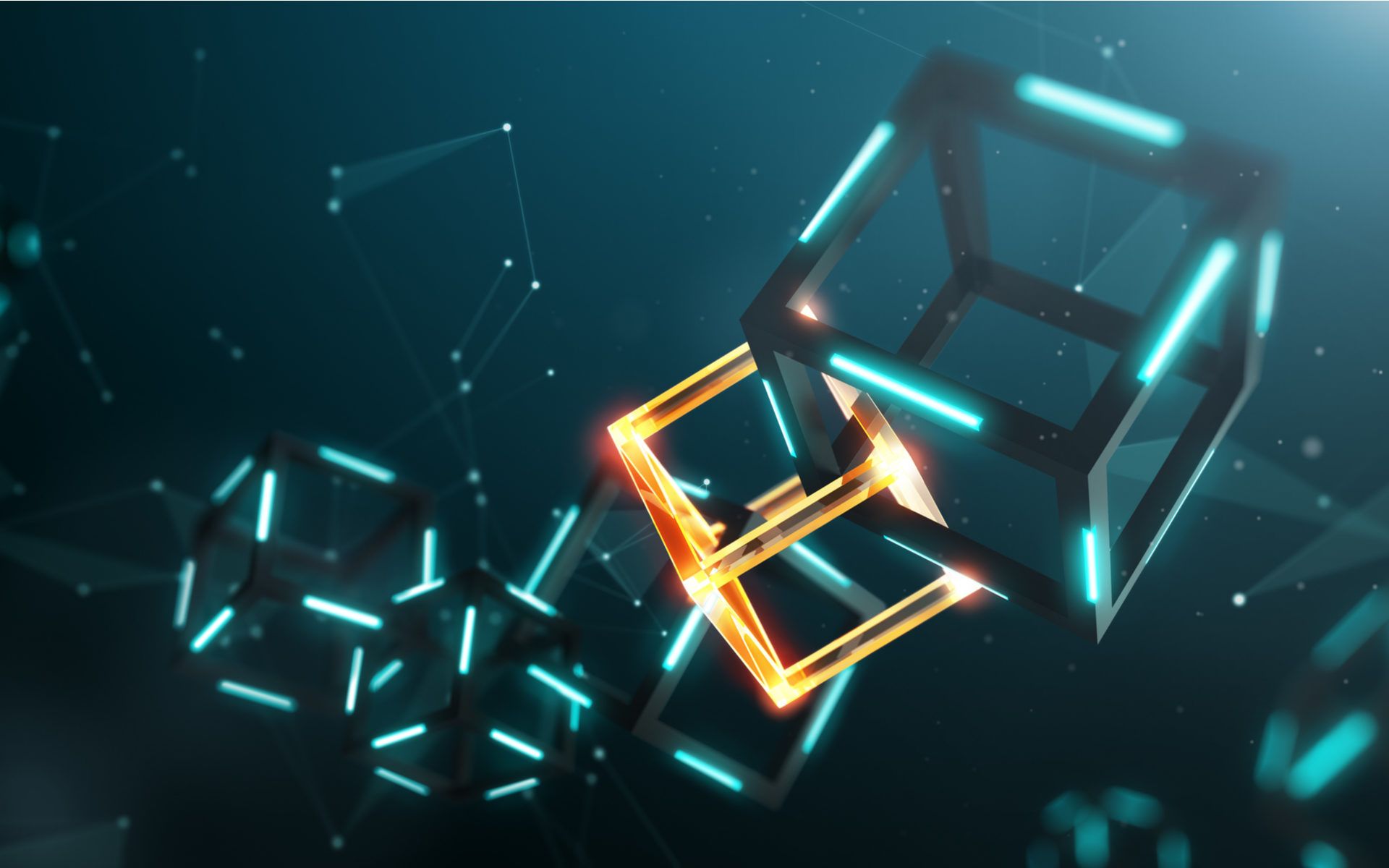
Who is the biggest blockchain company?
Coinbase Global Inc. (COIN) is now the largest blockchain firm in the world. Coinbase Global is a global provider of financial infrastructure, including transaction services and cryptocurrency-related technologies. The platform allows retail customers to invest, spend, save, earn, and use crypto.
The platform also offers institutions with a large pool of liquidity for transacting in crypto-assets and allows crypto-ecosystem partners to create crypto-based services and accept crypto assets as payment securely. Coinbase went public in April 2021, hence there is no one-year trailing total return data available.
- Revenue (TTM): $5.9 billion
- Net Income (TTM): $3.0 billion
- Market Capitalization (Market Cap): $52.4 billion
- Exchange: Nasdaq
Conclusion
The blockchain world moves at a frenetic pace of innovation with emerging new platforms, additional new features, and new releases, while ambitious enterprises are eager to get ahead of the curve with its disruptive potential.
If you are looking for a blockchain to develop your project on, you need to understand what blockchain is suitable for you. With this list of best blockchain platforms, our goal was to give you an idea and what is out there, but before making any decision, you should conduct detailed research of your own to decide on a platform.
We hope that you enjoyed reading this article on our picks for the best blockchain platforms in 2022. If you did, we are sure that you will also enjoy reading our other articles, such as everything about blockchain developers, or are you looking for the best SEO tools for your website.



